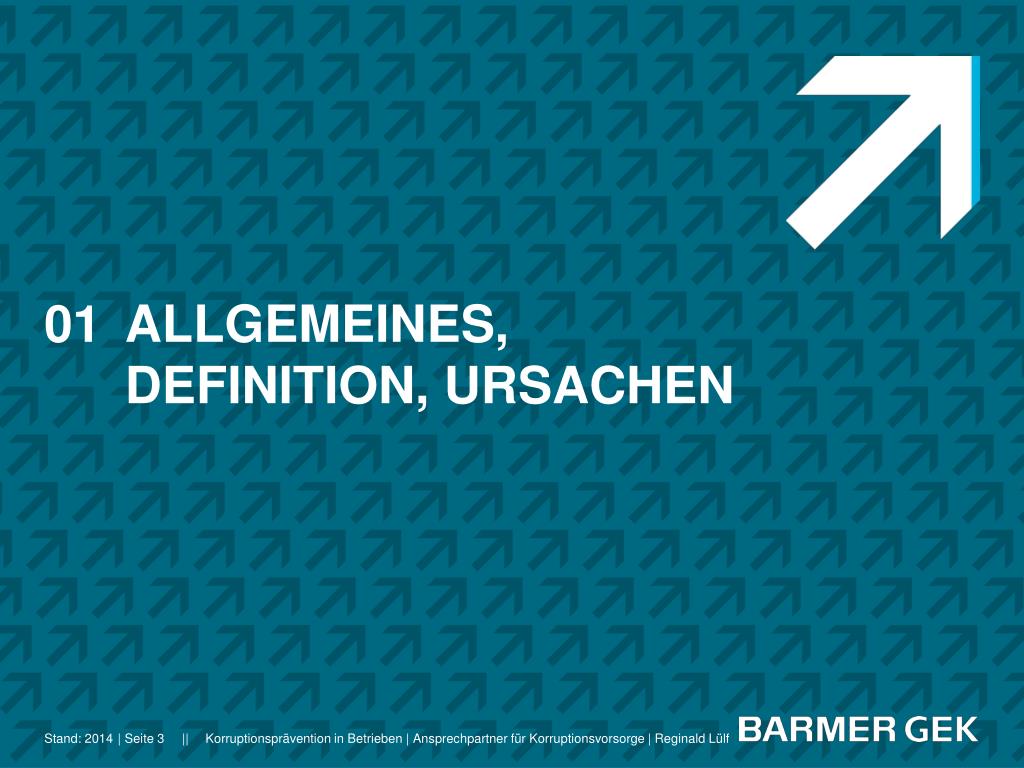

Large bills may be outlawed in the near future because they facilitate criminal transactions. This aesthetic will become more widespread as people pay more and more with credit cards or by intelligent phones, which will also facilitate the tracking of money. Notes, foil Guy Clinch observes, "Pecunia non olet was dead wrong. In London Fields by Martin Amis, while smelling a wad of used £50 Pecunia non olet ('pienidze nie mierdz') aciskia sentencja, ktrej autorstwo jest przez rzymskich historykw Swetoniusza i Kasjusza Diona przypisywane Wespazjanowi. The article does not say if the Girl Guides took the money. Reginald Forester-Smith, a society photographer who served eight yearsįrom 1999 for sexually abusing three girls, over two decades, one of Trouble is, the cash comes from the estate of notorious paedophile IMAGINE the moral dilemma at Girl Guide HQ where a pounds 400,000 Transactions until the "dirty money" appears "clean."Īddressing specifically the question of smell: Sometimes by wiring or transferring through numerous accounts.įinally, it is integrated into the financial system through additional Then, the money is moved around to create confusion, Illegitimate funds are furtively introduced into the legitimateįinancial system. Keep in mind that the abbreviation of PNO is widely used in industries like banking.


If you are visiting our non-English version and want to see the English version of Pecunia Non Olet, please scroll down to the bottom and you will see the meaning of Pecunia Non Olet in English language. Involves three steps: placement, layering and integration. What does PNO mean PNO stands for Pecunia Non Olet. Money laundering is the process of making illegally-gained proceeds The saying has different meaning as pecuniario or money in Latin derives from pecus/pecoris meaning sheep/cattle, because animals in Roman times, and especially bred cattle represented wealth and could be bartered. This article quotes the Unted States Treasury Department: One is reminded of the well-known Latin phrase, Pecunia non olet: Money doesn’t smell. We have the phrases dirty money and money laundering. The United States Supreme Court recently overturned the conviction of an ex-governor, but used the word "tawdry" to describe his actions in accepting gifts from a constituent. Pecunia non olet - a Latin expression, authored by Roman historians Suetonius and Cassius Dion, attributed to Vespasian. WikiMatrix The Latin proverb 'Pecunia non olet' ('Money does not stink') may have been created when he had introduced a urine tax on public toilets. This does not necessarily mean that people will not take dirty or smelly money, just that they will rationalize their actions. Pecunia non olet Englishtainment Pecunia non olet('money does not stink') is a Latin saying. Some sources of money do stink, in the eyes of the law and in the opinions of many people.
#Pecunia non olet meaning download#
You can download the image below to print or share it with your friends through. The closest phrase is probably Hold your nose and take the money, which is explained below. What does PNO mean The above is one of PNO meanings. My answer offers evidence that there may not be an equivalent saying in English today. I suppose it also implies that he’s inclined to say “no” to everything except money.The origin of the saying was about a tax on urine. It implies that he’s willing to take money wherever he can get it, and it’s an allusion to the fact that he’s more qualified to be a sanitation engineer than a college president. The phrase is still used today to say that the value of money is not tainted by its origins.

The phrase is ascribed to the Roman emperor Vespasian (ruled AD 6979). We’re told that the warden was “an elderly civil servant,” not an academic, and that his biggest accomplishment was that he had written “a monumental report on National Sanitation.” Pecunia non olet ('money does not stink') is a Latin saying. When Emperor Vespasian’s son Titus complained about the disgusting nature of the urine tax, the emperor held up a gold coin and said “Pecunia non olet.” The phrase goes back to the tax paid by those who bought the contents of public urinals as a source of ammonia. It’s a reference to “Pecunia non olet” which translates as “Money doesn’t stink.” The idea is that money is money, and it doesn’t matter if it comes from a distasteful source. “Must be some Latin thing.” This time I looked it up. The first time I read the novel I zoomed past this tidbit. N.O., which stood for Non-Olet, was the nickname of Charles Place, the warden of Bracton. I’m going through it slowly this time, paying attention to details I glossed over before.įor example, early in the book we’re told that the head of a college has the nickname N.O. I’ve been rereading That Hideous Strength. pecunia non olet Phrase Meaning: money doesnt smell.



 0 kommentar(er)
0 kommentar(er)
